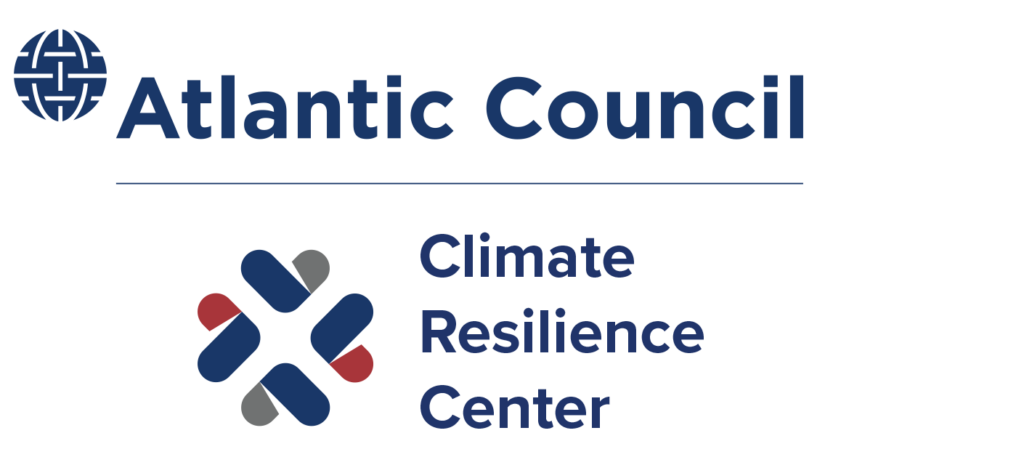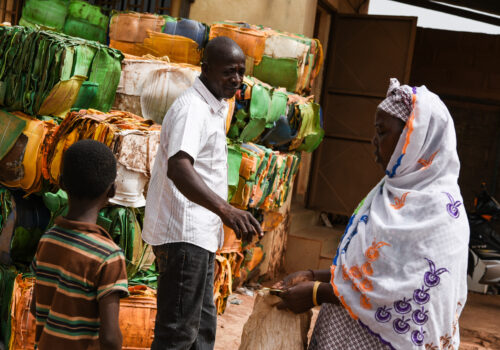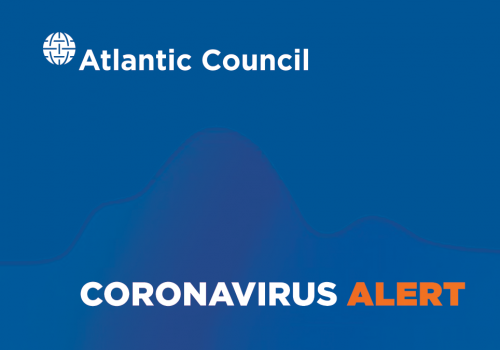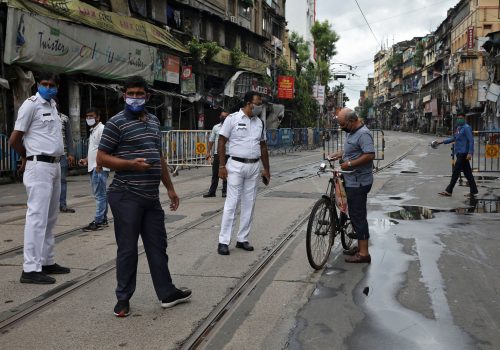Programs

The Climate Resilience Center creates and delivers transformative solutions that improve lives, protect livelihoods, and expand opportunity for communities on the front lines of the climate crisis. The Center is committed to reaching one billion people around the world with resilience solutions to climate change by 2030.

The Scowcroft Center for Strategy and Security works to develop sustainable, nonpartisan strategies to address the most important security challenges facing the United States and the world.












